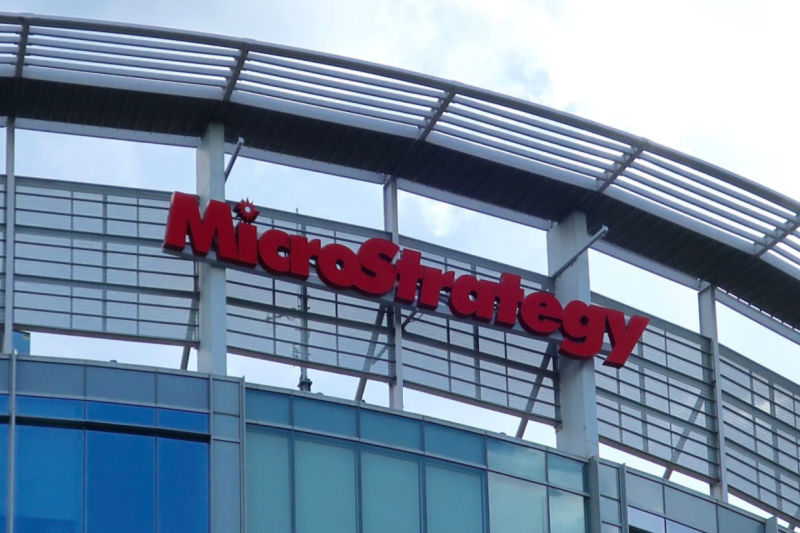Title: Public Outcry Follows SUV’s Use of <a href="https://www.world-today-news.com/lto-reveals-driver-owner-of-controversial-suv-with-7-protocol-plate-pna-gov-ph/" title="LTO reveals driver, owner of controversial SUV with '7' protocol plate – pna.gov.ph”>EDSA Busway: A Call for Fairness
Recent events surrounding the controversial use of an SUV with a ‘7’ protocol plate on the EDSA Busway have sparked widespread dissatisfaction among the Filipino public. The incident, which saw the vehicle granted access to a lane primarily reserved for public transport, raises significant questions about privilege, equal law implementation, and responsible vehicle ownership. The debate has ignited conversations about systemic inequalities and the importance of equitable traffic regulations.
The Incident: Who, What, When, and Where
On a bustling Tuesday morning, a high-profile SUV was observed traversing the EDSA Busway, an area specifically designated for buses and public transport vehicles. This exclusive lane is intended to facilitate smoother travel for commuters, and the unauthorized use of it by private vehicles has long been a contentious issue in the Philipine transportation system.
The vehicle in question was soon revealed to be owned by a prominent figure, the relative of Senator Ping Lacson, leading many to suspect that their influence might have granted them special privileges. This revelation has not only fueled public anger but has also sparked concern over the integrity of traffic laws that should apply equally to all individuals, regardless of their status.
Public Reaction: Privilege Exposed
Social media erupted with criticism following the revelation of the SUV’s unauthorized use of the busway. Numerous users condemned the apparent double standards and lack of accountability for those in positions of power.
Senator Lacson himself jumped into the conversation, urging protocol plate owners to exercise responsibility and adherence to the law. In his statement, he emphasized, "Wag abusado!," which translates to "Don’t take advantage!" This message resonated with a public all too familiar with the frustrations of inequality in the enforcement of laws.
LTO’s Response: Equal Implementation of the Law
In response to the controversy, the Land Transportation Office (LTO) has assured the public that all laws will be enforced equally. LTO spokesperson, Atty. Clarence Guinto, stated, "We will not tolerate special treatment for anyone, regardless of their position. This incident is a reminder that our regulations apply to all."
The LTO is now reviewing their protocols concerning the issuance of special plates and has promised a thorough investigation into the matter. Data reveals that vehicles displaying protocol plates have been often misused by their owners in evading traffic rules, an issue that the LTO aims to address with further regulation.
Contextual Background: A Broader Perspective
This incident sheds light on a larger dialogue surrounding privilege and systemic inequalities that exist within the Philippine traffic system. The use of protocol plates, which were originally intended for officials and priority service vehicles, has become synonymous with corruption and abuse.
Traffic congestion is a perennial issue in Metro Manila, where public transport routes and lanes like the EDSA Busway are crucial for ensuring that commuters can get to their destinations efficiently. With thousands of pedestrians and commuters relying on these lanes, the righteous enforcement of traffic laws becomes even more critical.
The Impact: On Technology and the Public
The implications of this incident extend beyond just traffic laws—it touches upon technology and data-driven transportation solutions. As technology enthusiasts recognize, the evolution of traffic management systems must involve an analysis of fairness and accessibility. Smart traffic regulations must be designed to prevent systemic misuse, leveraging technology to hold all vehicle owners accountable.
Innovations in vehicle monitoring, such as GPS tracking and real-time data analytics, could be integrated into the transportation ecosystem, ensuring that public lanes are protected from misuse. Furthermore, public pressure could lead to advancements in technology that enhance both transparency and collaboration between citizens and lawmakers.
Future Considerations: A Path Toward Equitable Transportation
As the discourse around the EDSA Busway continues to evolve, policymakers must consider how best to reform the current system. Immediate actions could include:
- Reviewing Protocol Plate Issuance: The LTO should reassess how protocol plates are distributed to prevent misuse.
- Implementing a Monitoring System: Data collection methods and monitoring technology can be utilized to oversee the adherence to traffic laws actively.
- Strengthening Public Engagement: Citizens should be encouraged to report any misuse of special protocols to foster accountability.
The call for fairness regarding the use of public lanes resonates strongly, signaling the need for a collective shift toward more ethical and responsible behavior among vehicle owners.
Emphasizing adherence to traffic laws can have profound implications for the general public. It can support public transport efficiency, decrease congestion, and promote a culture of compliance and respect for regulations.
What are your thoughts on the use of protocol plates and the recent events surrounding the EDSA Busway? We invite you to share your opinions and engage in this vital conversation about equality and responsible commuting. Let your voice be heard!

